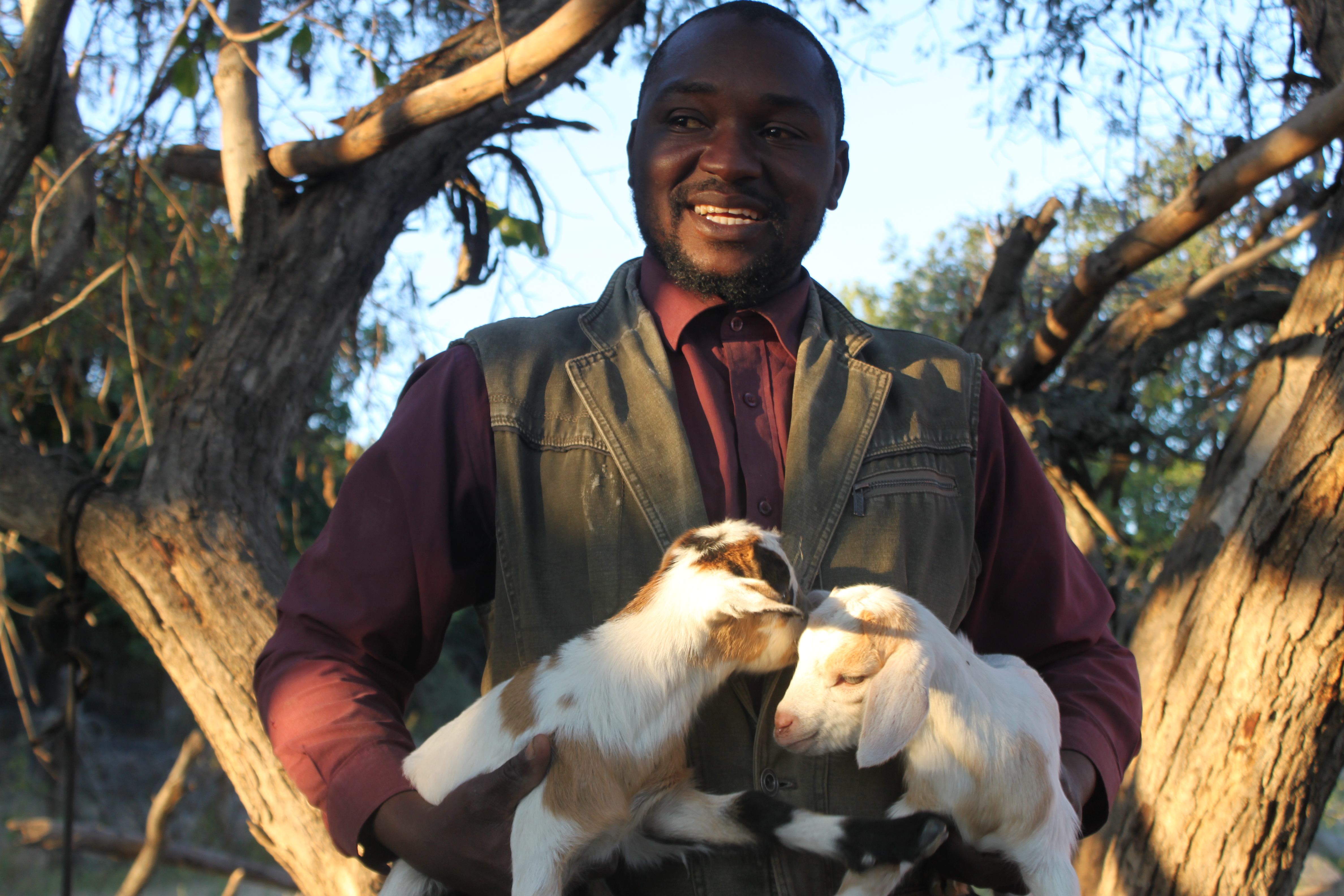UNDP in Zimbabwe Statement on the Drought Response
May 28, 2024

The United Nations Development Programme (UNDP) in Zimbabwe is greatly concerned by the drought-induced El Niño that is negatively impacting the lives and livelihoods of more than 2.7 million people throughout Zimbabwe.
Partnering with the Government of Zimbabwe, to prepare for natural disasters, UNDP has implemented Resilience-Building programmes throughout the country – benefitting nearly 950,000 people – to support lives and livelihoods when confronting climate shocks and stresses. Increased access to diversified livelihoods options, quality water and sanitation, climate-smart agriculture techniques, asset accumulation, and improved food consumption have benefitted over 670,000 households through ongoing efforts. Our development partners, such as FCDO, the EU, and Irish Government ensured this was possible by providing over $35 million in funding.
Particularly related to drought conditions, UNDP is already implementing 21 solar-powered pivot-system irrigation schemes – using less water to irrigate crops more effectively, while immune to power shortages and using less labor – to modernize upon traditional canal systems. Further, UNDP has already installed 18 automated weather stations across Zimbabwe, with weather data downloaded daily by trained staff, reaching over 50,000 people. This was also made possible due to the above partners.
Even so, under the declaration of a nationwide drought, efforts must be scaled-up. As a member of the UN System, UNDP works closely with UN agencies, the Government, and development partners to proactively respond – accelerating programmes to increase resilience to drought and climate shocks throughout the country.
As UNDP Zimbabwe continues to work with Government and development partners – towards data gathering, monitoring the drought situation, capacity building of government institutions to respond, and reaching the most vulnerable populations in society – we recognize our development partners and appreciate their ongoing support towards reaching most-affected communities.

 Locations
Locations

